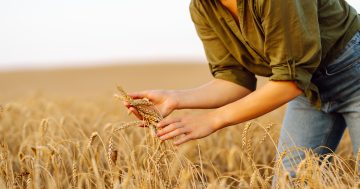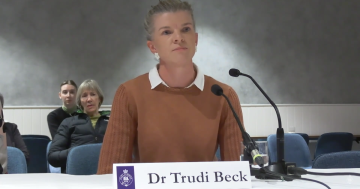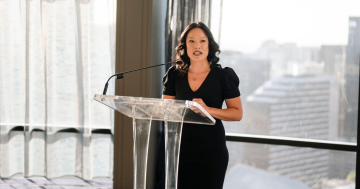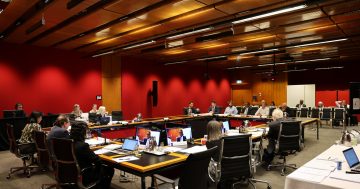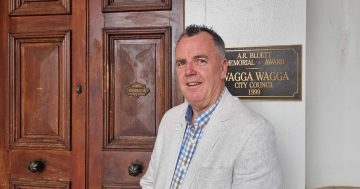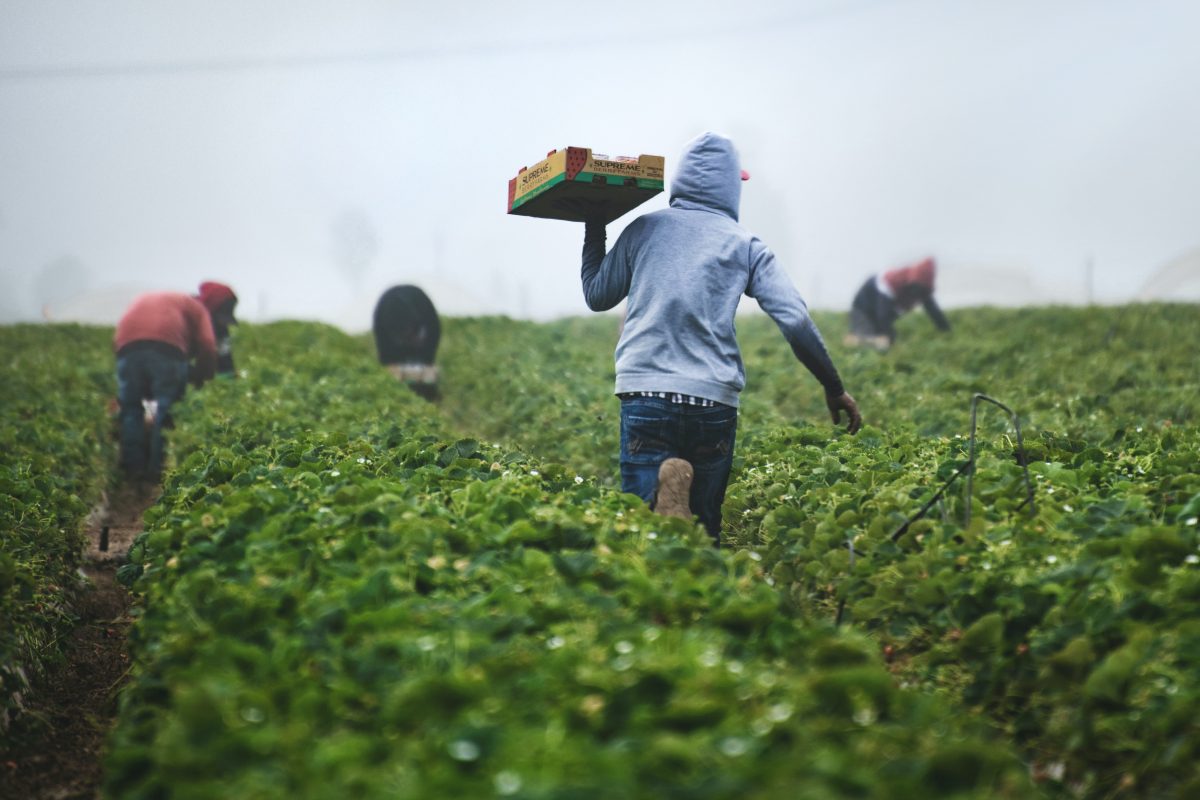
Migrant workers are at risk of what’s been called “modern slavery”. Photo: Tim Mossholder/Unsplash.
WARNING: This article discusses domestic and family abuse.
A NSW parliamentary inquiry into modern slavery in regional NSW has uncovered shocking accounts of exploitation, a missing parliamentary submission, and hundreds of women seeking unwanted pregnancy terminations to maintain their visa status.
The inquiry found migrant workers in the Pacific Australia Labour Mobility (PALM) scheme were at risk of being forced into what’s been called “modern slavery”.
The PALM scheme allows regional employers to hire workers from nine Pacific islands and Timor-Leste to fill labour gaps, enabling them to support their families back home.
Here’s what has been unearthed at the inquiry so far.
Modern slavery
Traditionally, slavery meant owning someone else as property, either through trafficking or to pay off debt. The NSW Government has expanded the term “modern slavery” to include forced labour through coercion, manipulation or exploitation, and forced marriage.
The inquiry revealed migrant workers to have 16 weeks to clear their debt from airfares and visas, in addition to paying “substantially higher” housing rents.
Soroptimist International Griffith president Patricia Cox told Parliament that contractors from the PALM scheme did not need to be registered.
Griffith Mayor Doug Curran said PALM representatives could not tell the council how many registered and unregistered contractors were in NSW, and their website was difficult to navigate. He said you would need to assess which town every contractor was from individually.
Risks of disengagement
Migrant workers’ healthcare, accommodation and visa status are tied to their employers. They become disengaged and lose access to everything if they choose to resign, even if there are disputes over pay or working conditions, such as wage theft or unclear deductions.
The closest PALM scheme representative is in Wagga and can be contacted only during her work hours (9 am to 5 pm).
There are translation services available for workers with limited English proficiency, but Mayor Curran raised concerns about whether these workers have access to them or a phone.
Wagga Fellowship Inc’s Pastor Seremaia Rokosuka told Parliament that a 24/7 landline was available for workers, but for the past five years, they had been calling and received no follow-up.
‘Any accommodation is better than no accommodation’
“Accommodation that’s not adequate for us is quite acceptable by them,” Leeton Mayor Paul Maytom told Parliament. “Any accommodation is better than no accommodation.”
Cr Maytom detailed accounts of people camping in backyards and babies wrapped in blankets on the floor in minus one degree celsius in a room the size of a laundry.
“I can’t accept that. But I can’t then go to council and tell them this shouldn’t be happening,” he said.
“If you go and report that, you don’t know where they’re going to go after that.”
Would you rather be abused or homeless?
The inquiry also revealed that some women migrant workers were forced to choose between being abused or being homeless.
Linking Communities manager Madeleine Rossiter told the inquiry that in some cases, migrant workers were in a domestic relationship with the farmers.
“Whether that be 100 per cent consensual is up for debate,” Ms Rossiter said.
Women facing domestic abuse in these situations were then forced to choose between staying or being homeless. Studies have also found a surge in gender-based violence during periods of extreme drought, raising concerns as more than 70 per cent of the Riverina is affected by drought.
Abortion and the missing submission
Wagga obstetrician Dr Trudi Beck said there was an “unseen population” of women migrant workers who ”95 per cent of the time” chose an unwanted abortion to maintain their visa status.
Some women, who were only able to see a GP after nine weeks, chose to spend their annual leave on giving birth in their home country, and then return to work.
Dr Beck, who had been assisting mistreated women migrant workers, was asked to co-author a joint submission with the State Government’s Murrumbidgee Local Health District (MLHD) and the Federal Government’s Murrumbidgee Primary Health Network (MPHN).
She was never informed that MLHD had decided against lodging a submission and only realised when she checked the submission portal after the deadline.
“I never even got the opportunity to just make an individual submission,” she said.
If you are, or someone you know is, experiencing or at risk of experiencing domestic, family, or sexual violence, call 1800 737 732, text 0458 737 732 or visit 1800RESPECT.org.au.
The Multicultural Council of Griffith can be contacted on (02) 6964 4366 or 0412 811 343, or at [email protected].







